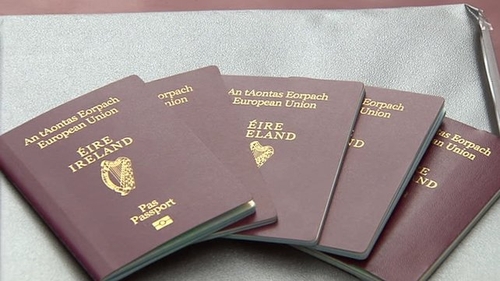
Any travel tour starts with getting the right set of travel documents, passports and Visas. We will talk about the most usual travel destinations specifics when it comes to visas.
A visa is an official document that allows the bearer to legally enter a foreign country. The visa is usually stamped or glued into the bearer’s passport. There are several different types of visas, each of which afford the bearer different rights in the host country. Traditional visas can either be stamped or glued into your passport. If your visa is glued into your passport, it is usually a small document that includes your name, passport number, place of birth, reason for travel and expiration date. Stamped visas typically have less information on them. They usually only have the destination and date from which the visa is valid and official instructions stating how many days the visa is valid for.
The UK referendum held on the 23 June 2016 has been a turning point for Great Britain and the European Union. Since Britain has voted to leave the European Union many policies put in place will have to change, including, maybe, the country’s entry requirements. However, so far no changes have been made. As citizens of the European Union and European Economic Area, you will not need a visa to enter the country.
Angola visas: Tourist visas are distributed very infrequently, and Americans have an exceptionally tough time. Apply for one at least eight weeks in advance, and make sure you submit your Letter of Invitation and yellow fever vaccination certification. If you’re given a visa, you’ll have to catch a rare flight into the country from Africa, Europe, or South America.
Aside from required documents and Schengen Visa types it is important to have an outlook on the issuing rates per state as in this way you will have fairly more chances of receiving a positive response! Arising from this stand-point, we present to you the ten trickier states to provide you with a Schengen visa during year 2014, starting from the country with the highest rate of visas not issued, moving on successively to the country with the best percentage of visas issued on this list.
Even the most helpful Central Asian embassies in the West normally take a week to issue a visa. Many embassies will speed the process up for an express fee (often double the normal fee). Central Asian embassies within the Commonwealth of Independent States (CIS) seem to be quicker.
These Schengen countries have a border-free visa agreement that lets residents move throughout the Area without needing to show their passport every time they cross a border. Essentially, it’s as if they’re one country, and you can move as freely as you want. (Residents of the UK and Ireland are allowed limitless entry.)
So make sure your Schengen visa is ok. Do you need second passports and have a question like: How long does my passport need to be valid for Europe? Passports for British citizens are valid for travel to any EU country up to and including the passport expiry date. Some countries outside of the EU require a British passport to have a certain period of validity left on it, such as 6 months, or blank pages. Please visit the Gov.uk website for advice by country.
